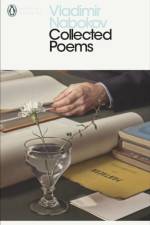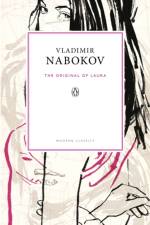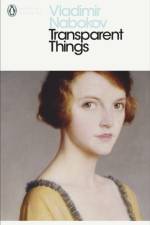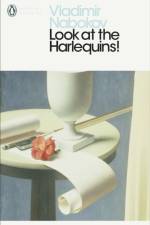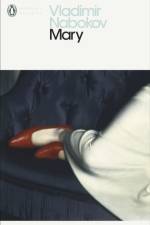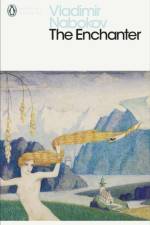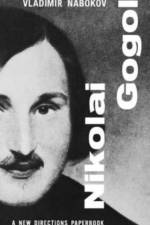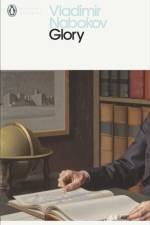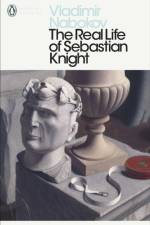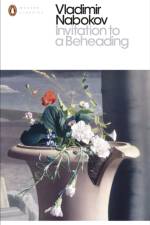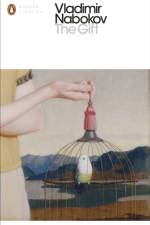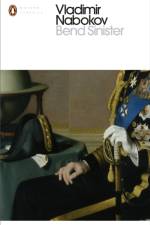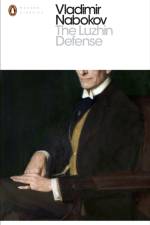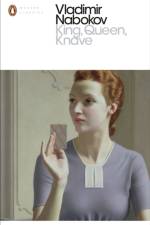av Vladimir Nabokov
147
This landmark new collection brings together the best of the poetry of Vladimir Nabokov, one of the twentieth century's greatest writers and author of Lolita and Pale Fire. It includes an extensive number of poems that have never appeared in English before, newly translated from the Russian by his son Dmitri Nabokov.These masterly poems span the decades of Nabokov's career, from 'Music', written in 1914 and probably Nabokov's first recorded poem, to the short, playful 'To Vera', composed in 1974. 'The University Poem', one of Nabokov's major poetic works, is here in English for the first time: an extraordinary autobiographical poem looking back at his time at Cambridge, with its dinners, games, girls and memories, it is suffused with rich description, wit and verbal dexterity. Included too are the surreally comic 'A Literary Dinner', the enchanting, lyrical 'Eve', the wryly humorous 'An Evening of Russian Poetry' and a meditation on the act of creation, 'Tolstoy', as well as verse written on America, lepidoptery, sport, love and Nabokov's Russian homeland.

